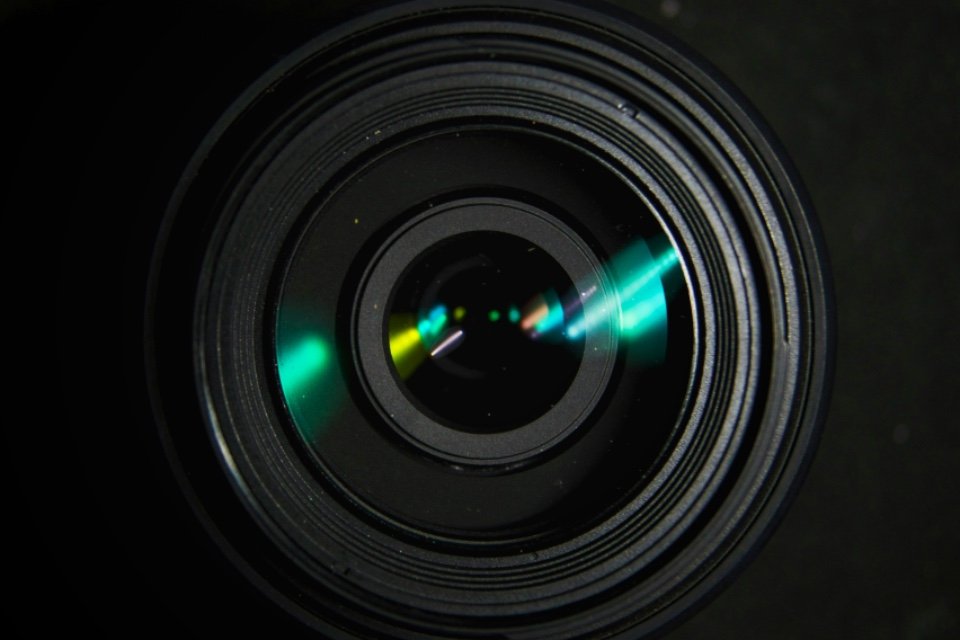Nearly one in three (29%) young adults aged 18–24 in the UK say they feel uncomfortable when retail or security staff wear body-worn cameras, despite being digital natives.
That’s according to research from body-worn camera company, HALOS. Its YouGov survey of over 2,200 Brits also found that more than a quarter (26%) of those aged 25–34 feel uneasy in the presence of body-worn cameras – the second highest level across all age groups.
By contrast, just 17% of 55 and-overs say the same. The findings reveal a clear, but surprising generational divide: those most fluent in online sharing are also the most unsettled by being filmed in real life by frontline workers.
This news comes as ONS data shows that shoplifting incidents in England and Wales have reached a 20-year high.
However, this discomfort doesn’t mean disengagement. In fact, the research shows that younger people are also the most likely to change how they behave when they know they’re being filmed by these devices. More than three-fifths (65%) of 18 – 24-year-olds, and over half (55%) of 25–34-year-olds, say they would think twice about their actions if they knew staff in a given setting were wearing body-worn cameras. .
Among older respondents, that figure drops significantly, with just a third (33%) of 55 and overs saying that they would adjust their behaviour. Similarly, 64% of full-time students said they’d change how they behave when filmed, versus just 31% of retired respondents, making younger people more than twice as likely to adjust their behaviour in response to being recorded.
The findings show that the generation most uneasy about being filmed is also the one most likely to be influenced by the presence of a camera, creating a powerful paradox that speaks to rising ‘surveillance anxiety’ among digital natives.
The research also suggests that the visibility of body-worn cameras matters. In everyday settings like shops and train stations, younger generations are particularly aware of body-worn cameras worn by staff and more likely to respond to their presence. Nearly a third (32%) of 18–24-year-olds and a further 36% of 25–34-year-olds notice cameras worn by staff in a public setting compared to just 17% of those aged 55 and above.
Users of consumer social media platforms popular with younger people are also more likely to notice body-worn cameras in public settings. Almost two-thirds (64%) of Snapchat users and more than half (59%) of TikTok users say they notice them –– higher than users of other platforms. In an age of constant digital sharing, younger people are hyper-aware of how they’re perceived – not just online, but increasingly offline as well.
Alan Ring, CEO of HALOS, said: “We’re seeing a new kind of social contract emerge in public spaces. Younger generations are used to being seen, having grown up on camera and used to documenting their daily lives. But being watched – especially in a way they can’t control – is something else entirely.
“That awareness is already changing how people behave. Body-worn cameras are no longer just about deterrence or collecting evidence. They’re actively shaping social norms. If handled with care and transparency, they can protect staff, influence conduct and foster accountability. But businesses must recognise that this isn’t just a tech rollout, it’s a cultural shift.”
Photo by Yael Yañez on Unsplash







